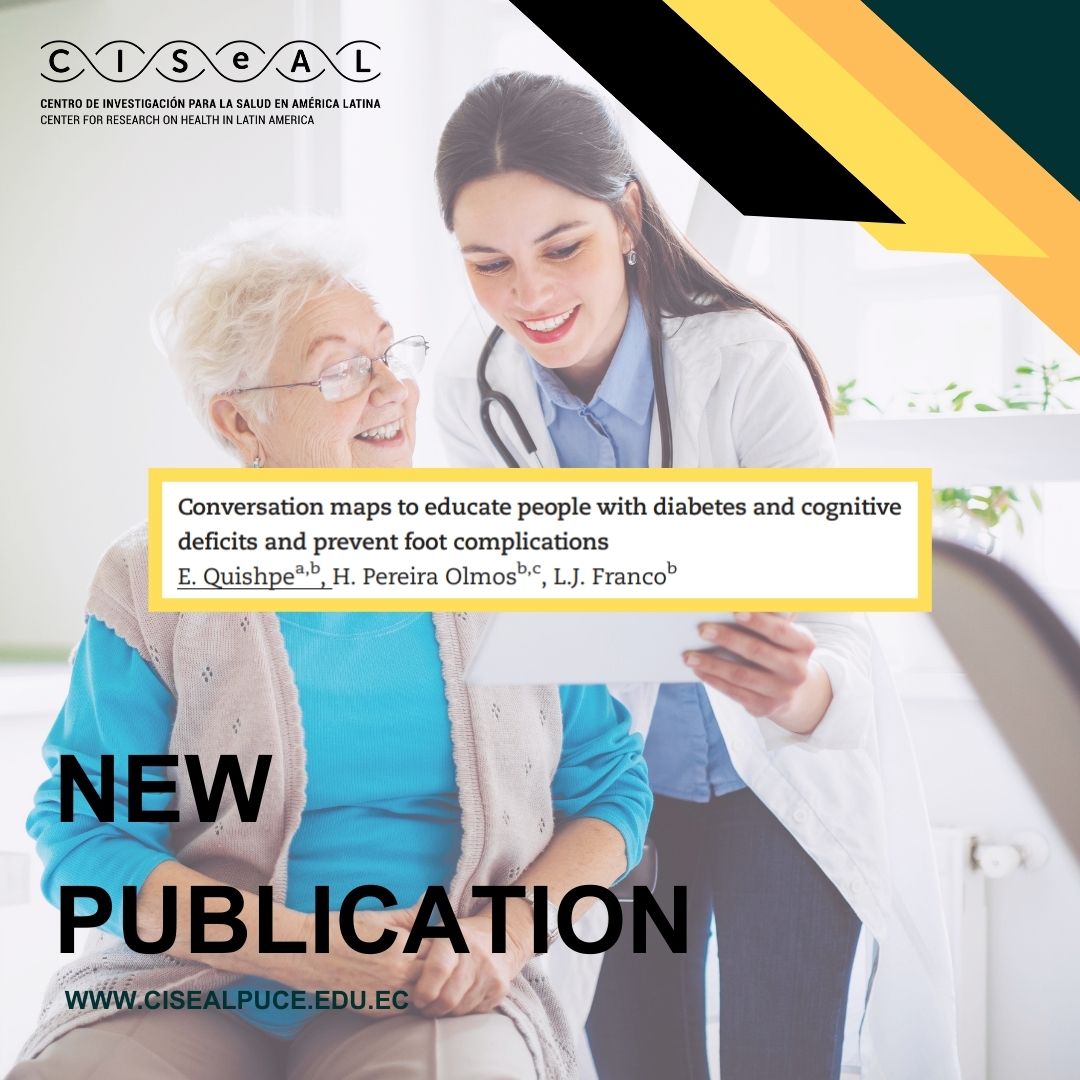 This study involved our CISeAL researchers, Hugo Pereira and Erika Quishpe, who played a key role in the design and implementation of the research methodology.
This study involved our CISeAL researchers, Hugo Pereira and Erika Quishpe, who played a key role in the design and implementation of the research methodology.
Comprehensive care for people with chronic illnesses such as diabetes includes self-care training to recognize warning signs. People with diabetes and cognitive deficits may find it difficult to care for themselves, so different educational strategies may prove useful, particularly in small towns. The aim of this study was to evaluate learning about diabetes and associated foot care using conversation cards in people with diabetes and cognitive deficits.
A quasi-experimental study was conducted before and after three years, approved by the research ethics board. Participants, people with type 2 diabetes and cognitive deficits, were randomly selected from a list of health centers and trained in small groups. The educational sessions were divided into two parts: the first dealt with diabetes and diabetes care, while the second focused on foot care. Conversation cards were accompanied by question cards and theme cards. A survey of knowledge, attitudes and practices was conducted before and after the educational intervention to assess learning.
The study involved 80 people with type 2 diabetes and cognitive deficits, mostly women, married or living with a long-term partner, with a low level of education. A significant improvement in knowledge, attitudes and practices was observed after the educational intervention, with a mean score increase of 10.8.
In conclusion, the conversation mapping training methodology proved effective in people with diabetes and cognitive deficits.
For more details on this study, you can access the full article by clicking on the following link: https://doi.org/10.1016/j.diabres.2024.111139



